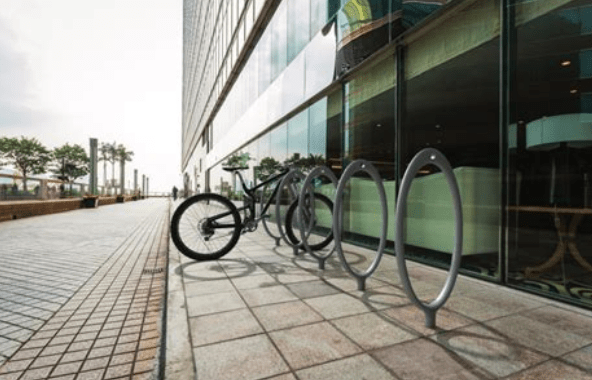Pro active
This year, Sport England launched their ten year vision ‘Uniting the Movement’ to “transform lives and communities through sport and physical activity”.
It’s been well documented that physical activity can improve our physical and mental health, but it can sometimes be hard to find the time to exercise with work and family commitments. “Active Travel” is all about replacing your journey or part of a journey with walking, running or cycling which is a great way to keep fit, healthy and reduce our impact on the environment. Running or cycling can also be a quicker way of getting from A to B than driving.
In the ‘Travel to Work’ survey carried out by Travel West in early 2021, those who cited walking, running or cycling as their main way of getting to or from their workplace had significantly higher satisfaction rates with their chosen way to commute than those who travelled by different means.
With 75 miles of cycling commuter routes in Bristol, it’s understandable that in 2019, Strava named it the UK’s leading cycling commuter city. To work out how much healthier and greener your commute could be by bike, here’s a handy calculator by Cyclescheme.



